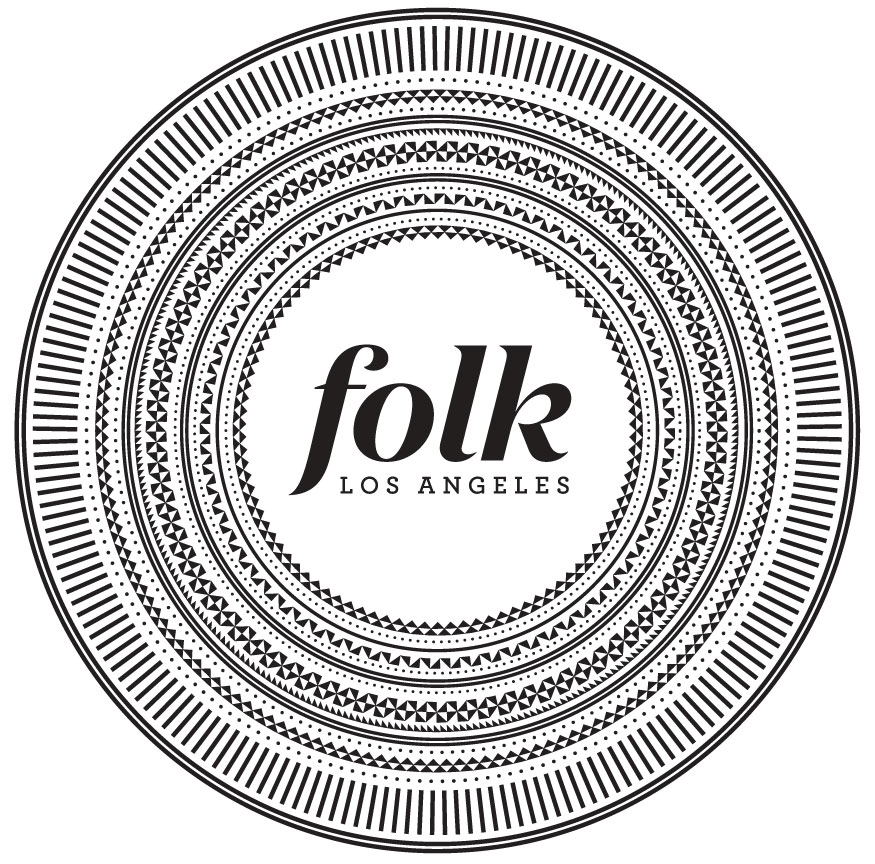Why You Should Trade Your White Wine in for Orange
Dear Wine Lovers,
You know our type. We could have a glass of wine every night. It’s not that we’re trying to numb anything, we just love that crisp refreshing taste of an iced cold Sauv Blanc on a hot summer day. We could easily end every day with a delicious, bold, full-bodied red wine. So it was no surprise to us how happy we were to find out another varietal of wine had made its way into the spotlight. How much happier were we when we found out that this wine actually offered even more health benefits that the tried and true ‘one glass of red wine is good for your heart’? SO HAPPY. But with most trends, not everyone is caught up to speed, so here’s the rundown on the new delicious Orange Wine.
One may think based on the color alone that somehow the winemaking process has expanded into the capability of making wine with oranges. However, this is not true. Orange wine is made from white grapes, just like white wine, but with the skin left on. During the normal winemaking process of white wines, the white grapes are pressed to extract only the juice. The skin, seeds, and stems are removed before the juice starts to ferment. With orange wines, the skin and seeds ferment with the juice. The orange appearance is created here, during the ‘maceration’ process, when their compounds leach into the wine, giving it that unique color, flavor, and texture
Similar to the processing of red wine, the fermentation can last up to months. The longer the fermentation with skins and seeds, the deeper the color gets. Because they share similar production methods, you'll also find many shared characteristics and plant compounds, which creates those health benefits we’ve been talking about. Get ready for a mouthful: the compounds include kaempferol, quercetin, catechins, and resveratrol. These compounds have antioxidant properties that are linked to health benefits, including reduced inflammation, slowing mental decline, a lower risk of heart disease, and certain cancers. (And a NO HEADACHE the day after. Can I get an amen from my 30 and older squad?!)
An orange is served just like a white wine, but typically warmer by 5-10 degrees. Also, a bottle of orange wine will keep longer than an average bottle of white wine because of its tannins. And because of their boldness, Orange wines pair well with equally bold foods, like curry dishes, Moroccan and Ethiopian cuisine, and Korean dishes with fermented kimchi. Last but not least, that most tantalizing question, what does it taste like?! The uniqueness of it being made by a white grape like white wine, but a longer fermentation process like that of a red wine, the taste has a dry and tannin like red feel, with a sourness similar to a fruit beer. Tasting notes are robust and bold, with a honeyed aroma of jackfruit, hazelnut, bruised apple, juniper, sourdough, and dried orange rind.
So if you’re in the mood to try an Orange wine for the first time, order some of your favorite curry for takeout and grab a bottle from Tilda Wines in Echo Park. Let us know how you like it!

